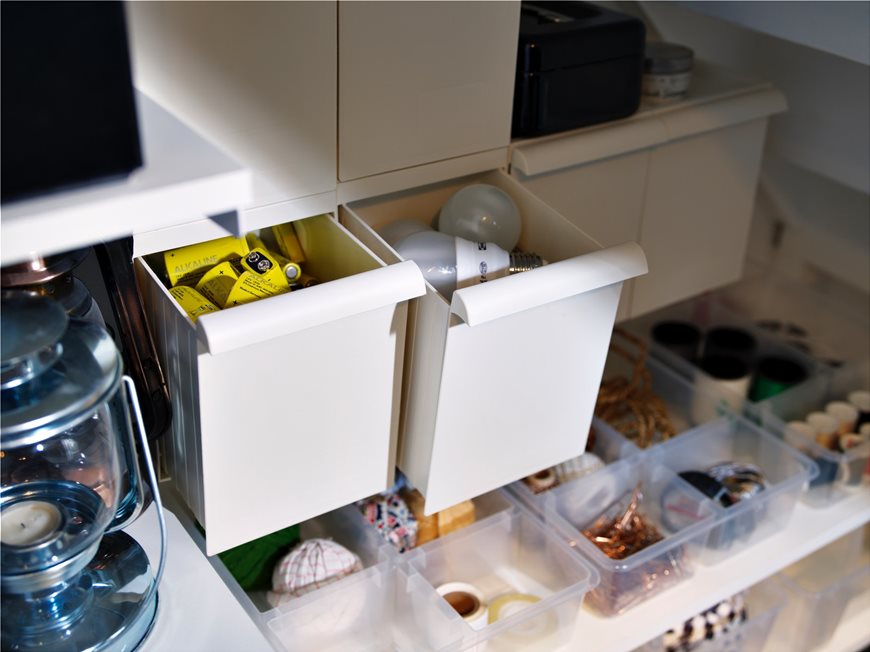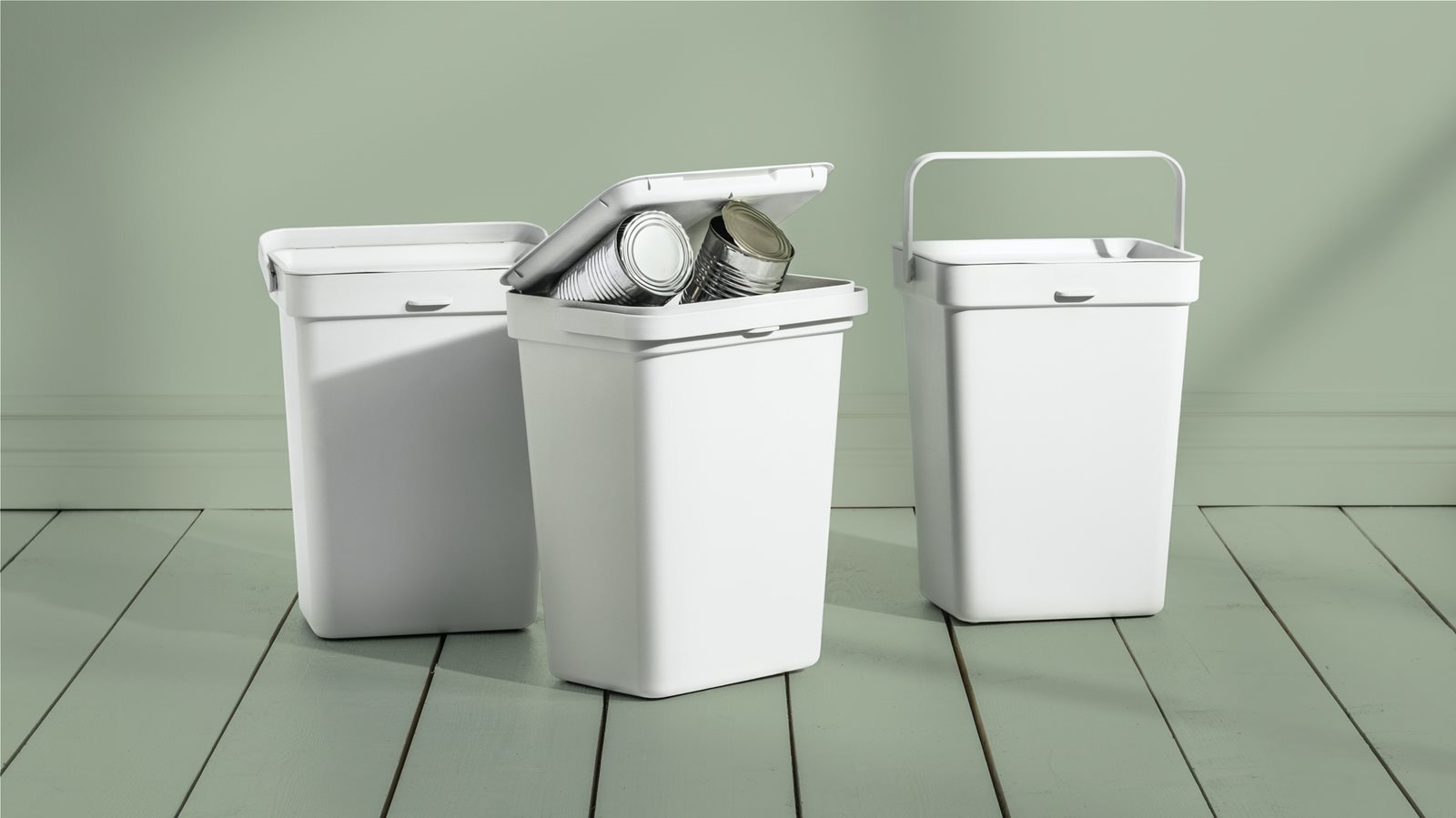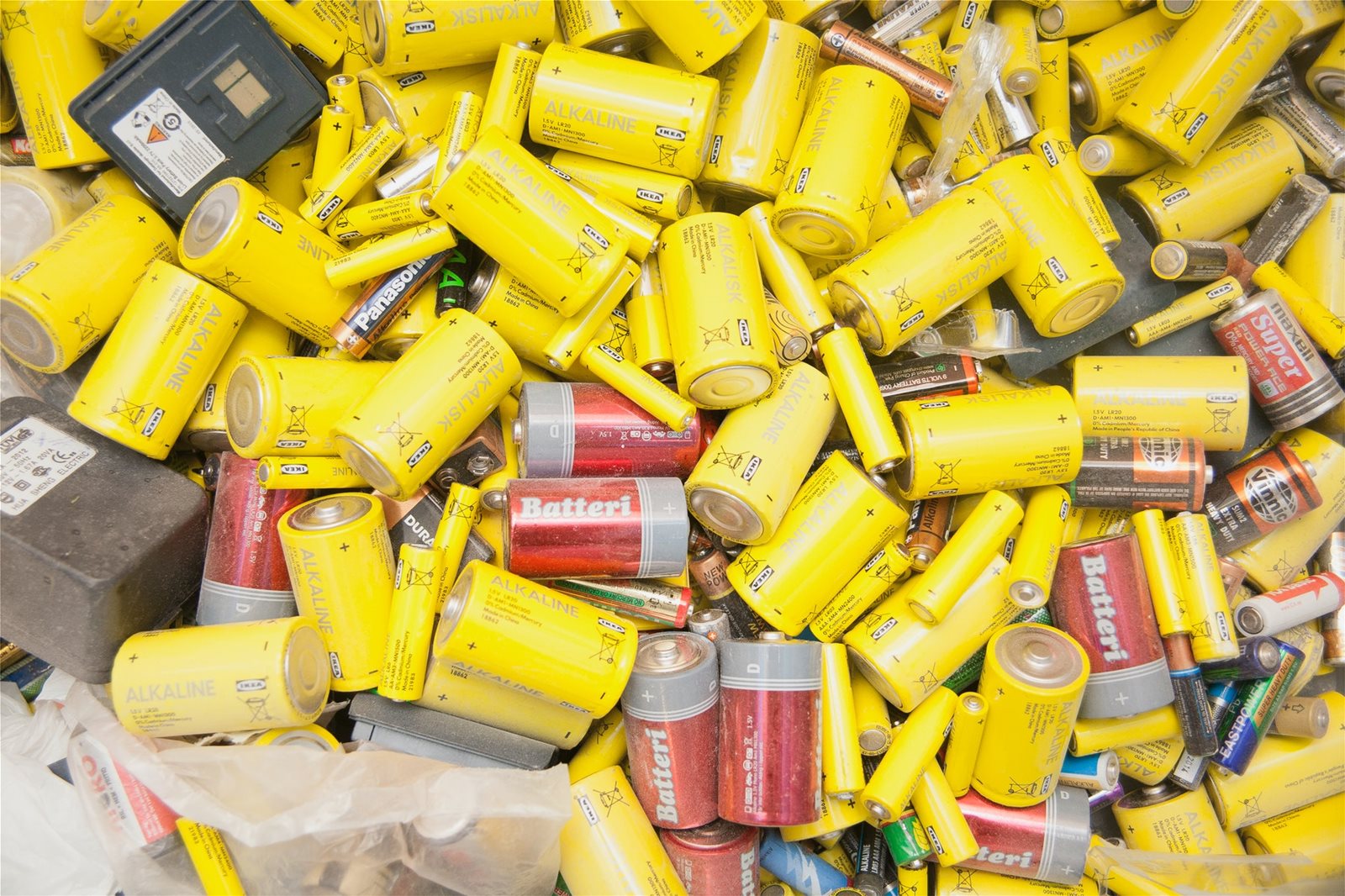
A battery’s life cycle cannot be interrupted. Most batteries contain toxic heavy metals and corrosive acids. The used heavy metals are mostly obtained from extraction rather than from synthetically produced chemical substances and are thus not biodegradable.
By throwing batteries in the garbage, hazardous heavy metals can leak out into the environment and contaminate groundwater. In addition, the explosions of flammable waste materials in landfills release poisonous gases. These in turn are absorbed by plants and animals through soil, water and air and even make their way into the food chain. Thereby poisonous substances reach the human body, as it is the final consumer in the food chain.
As the aforementioned substances are not biodegradable and cannot be expelled, they cause the effect of bioaccumulation. Almost all systems of the body are affected by the toxicity of the heavy metals and cause long lasting diseases.
So- Rethink before throwing batteries away.
- Not recycling batteries can have severe impacts on our health.
- We do not throw hazardous substances into the environment in order to avoid their returning into our food and water chain.
- We protect our health by recycling!

- We save up to 400 m3of water
- We protect 1 m3 of soil
- We reduce CO2 emissions by 1%
- We save up to 80% of energy
- We protect the environment from pollutants.
- We protect our health, by mitigating the amount of hazardous substances and contaminants from entering groundwater and being absorbed by humans and any living organism.
- We encourage circular economy through the reusability of valuable raw materials, and save energy for the production of new batteries.
- We reduce the amount wasted in the already overloaded landfill sites.



















